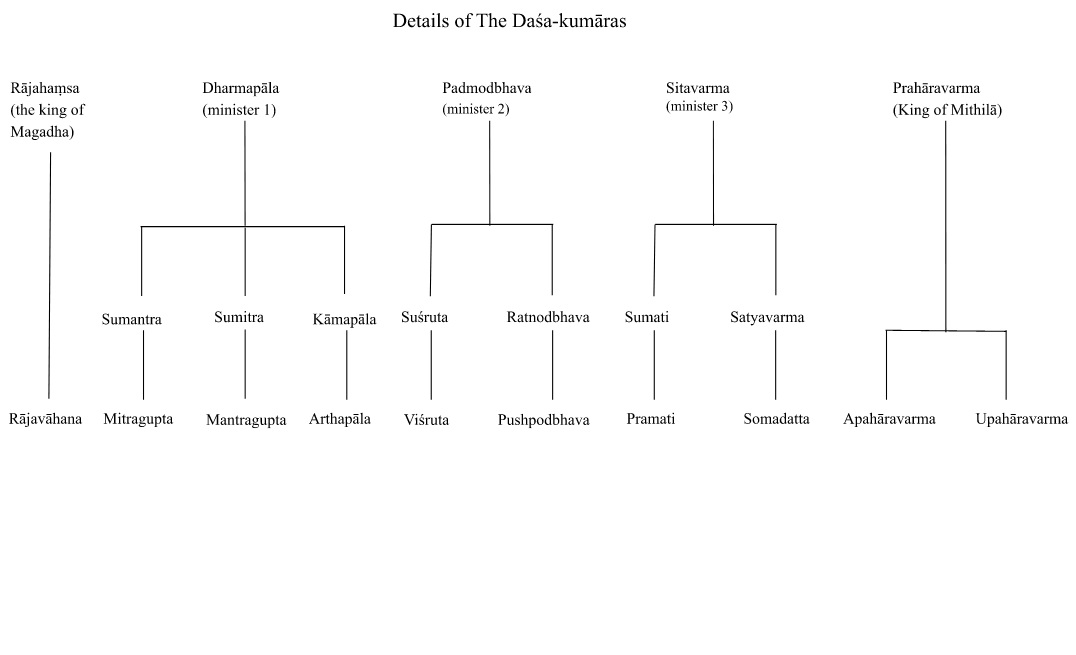Sandarbhasūkti - part 4
17. Asañjātavirodha-nyāya
Interpretation should happen in such a way that there is no room for inconsistencies. Even in treatises which are honest there might be statements which contradict each other. If that happens one of them should be slightly modified to remove such inconsistency. The important premise should drive the secondary premise in this case.

